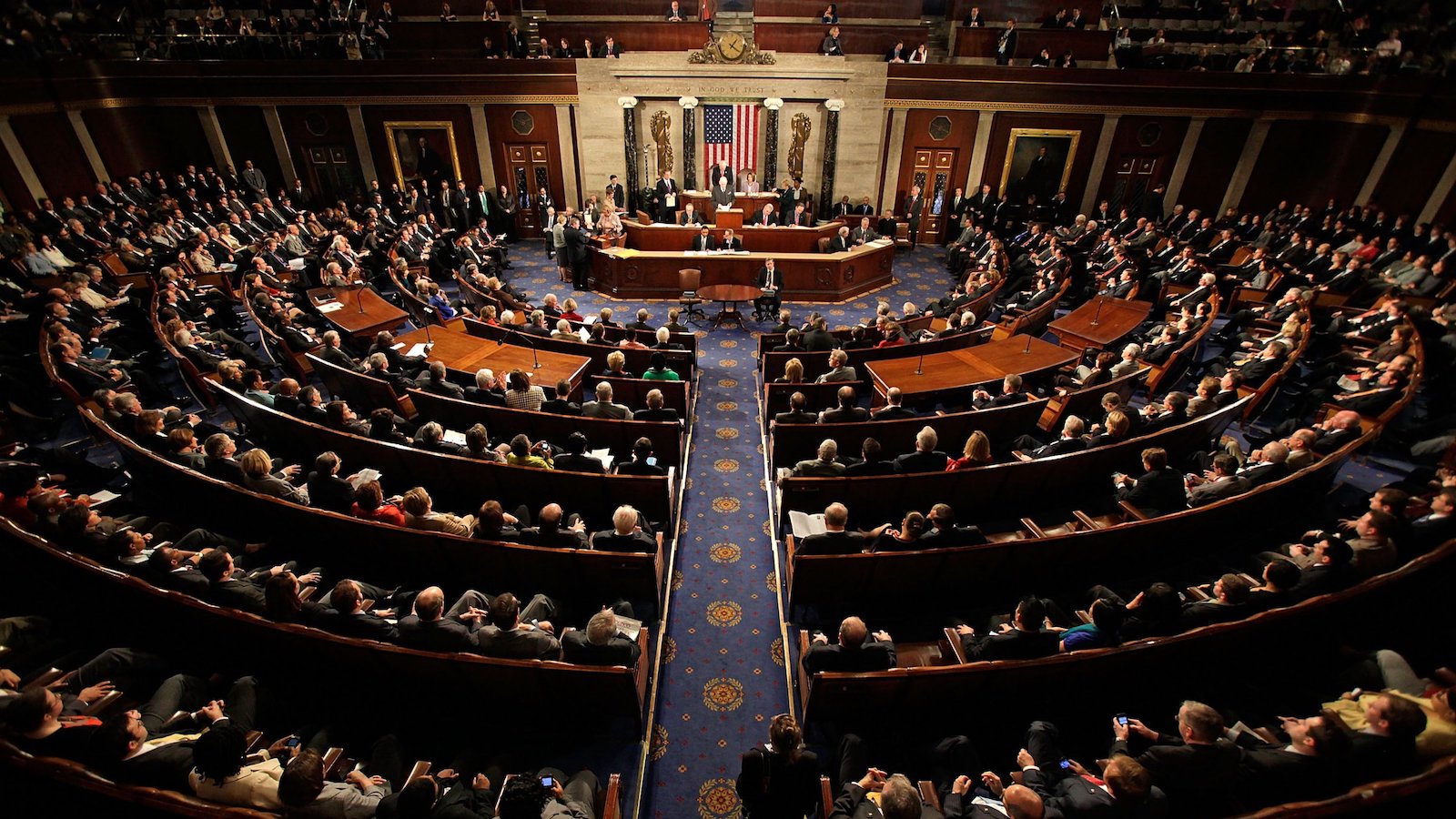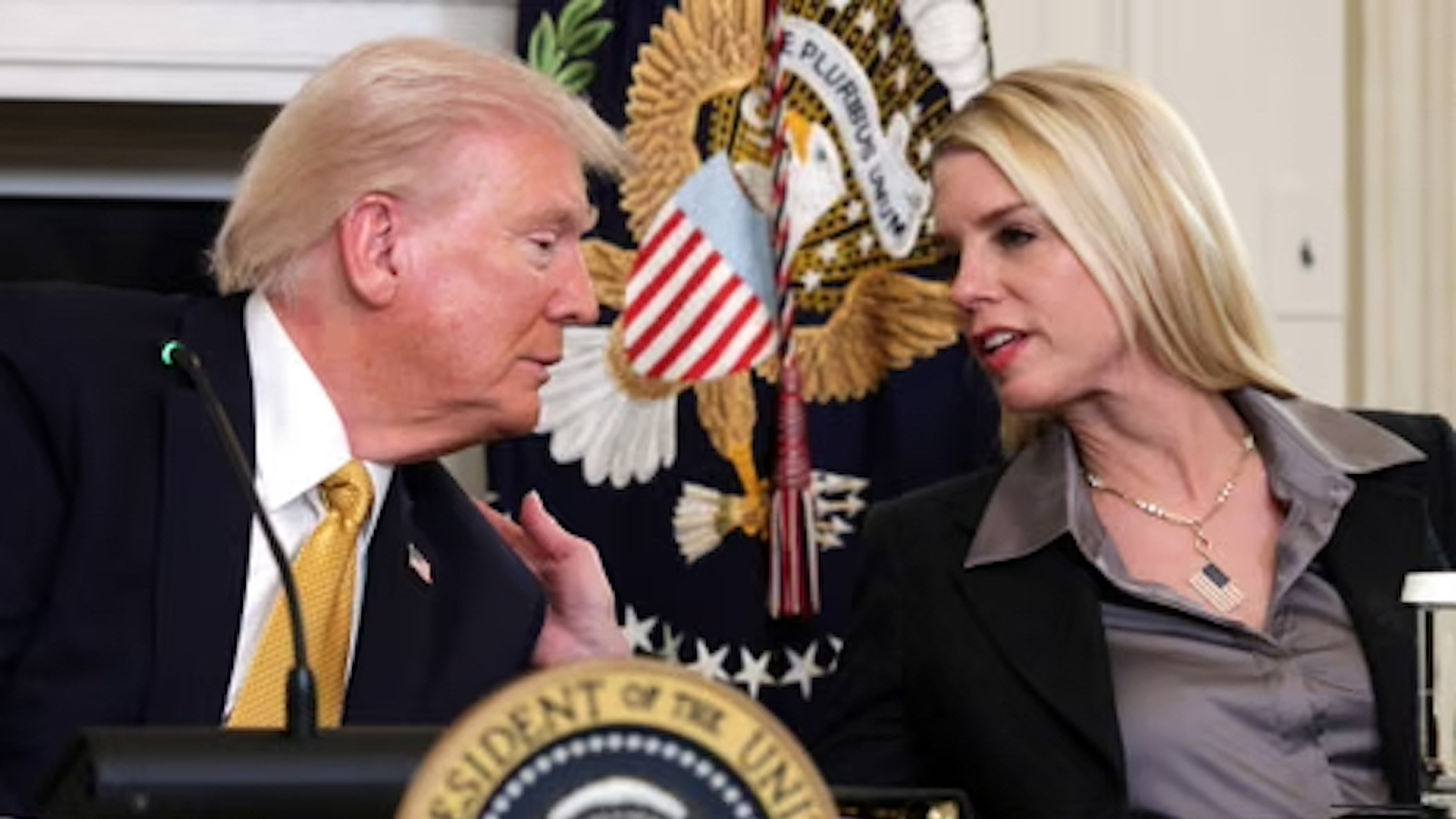
How and Why Trumpism Rebooted Itself
There’s so much talk about the terrible features of our new political times. I’ve written plenty. I wrote an entire book about the rise of right-wing collectivism and how it poses special dangers for human liberty. Trump rode this very wave into office. That is his orientation. Or maybe it was his marketing plan for electoral victory.
After one year, we are not seeing much in the way of real protectionism (beyond the normal), no real crackdown on weed, no greater centralization of executive power beyond what was there. He faced such a huge backlash on his immigration ban that he is not likely to revisit that issue.
So far as I’m concerned, the genuine achievements under the Trump administration can be summed up in two words: tax cuts and deregulation. It’s really happened, for the first time in decades. I’m not just happy about this. I’m stunned. It’s not what I expected. Neither were major themes of the Trump campaign.
It’s the rebooting of Trumpism, the populist savior of the nation/race to become the deregulator and tax cutter.
To be sure, it is perhaps true that Trump does not deserve the credit, at least not all of it. The Republican-controlled legislature was more than ready, following eight years of Obama’s regulatory and tax creep. Something had to give, especially when considering the slow rate of economic growth, which is the underlying reason for the anger and frustration that gave rise to the populist revolt in the first place.
But this revolt was always unfocused. The end result, after year one, is not, however. As the New York Times summarized:
A year marred by public spats between the president and Republican leaders in Congress was capped off with a rewrite of the tax code that cut corporate tax rates, favored business owners and reduced income tax rates, at least temporarily, for most families. The same law opened Alaska’s Arctic National Wildlife Refuge to oil exploration, a goal sought by Republicans for decades.It also eliminated tax penalties in the Affordable Care Act intended to force most Americans to have health care. Ending the so-called individual mandate was Republicans’ most direct blow to President Barack Obama’s signature domestic achievement after a year of misses and ineffectual attacks.
For the libertarian observer, this is remarkable and commendable. But the ideological tenor of these achievements is rather different from what might have been predicted. Indeed, looking back to Donald Trump’s Inaugural Address, one would not have expected this year to have a very different ending of this year.
His opening salvo was filled with dark musing about nationalism, trade protection as the basis of prosperity, the need for law and order crackdowns, a call for New-Deal style infrastructure projects, and a hint of populist-fueled centralization.
It was an echo of the beginning of his early campaign, a restatement sans the late-campaign rhetoric about repealing Obamacare and cutting taxes. The inaugural messaging seemed scripted by the Steve Bannon wing of the party and certainly not the libertarian or traditional Republican one. It was not only a new administration, the address implied; it was a new kind of ideological underpinning for the entire Republican party and therefore the country. George W. Bush was in attendance and reportedly had some choice words about the sheer weirdness of the scene.
Trump proclaimed:
We must protect our borders from the ravages of other countries making our products, stealing our companies, and destroying our jobs. Protection will lead to great prosperity and strength. I will fight for you with every breath in my body – and I will never, ever let you down…. We will follow two simple rules: Buy American and Hire American.
The entire speech had chilling echoes of interwar revanchism. Where is that agenda now? I’m not seeing any serious movement in the direction of real trade protectionism beyond the pulling out from trade agreements. And despite what you heard, leaving TPP doesn’t necessarily imply a new “fortress America” policy. As for immigration, US policy has been an amazing mess long before Trump, and certainly a no-Muslims policy doesn’t really count as much of an achievement.
Once the dust of this year settles, Trump can claim a huge legislative victory in much-welcome tax relief. Deregulation of many sectors is proceeding a quick pace, with the repeal of “net neutrality” at the top of the list, but including specific reductions in red tape in energy, environment, and labor. The ethos of what has actually been accomplished is not buy and hire American; it is more from the Reagan era: get government off our backs. In this respect, there has been notable progress.
Not surprisingly, the economy is growing again (on paper in any case). The unemployment rate is low. Corporate profits have hit a record. Price increases are negligible. Consumer confidence is high. We’ve got a very long way to go to get American incomes rising again, but this is a start. Certainly the opposite policy of pillage and regulate wasn’t working. All the American business sector really needed was some relief from decades of tightened controls.
This is a reminder: nearly everyone underestimates the power of enterprise to act today on the anticipation of a brighter future. Enterprise is clever, resourceful, creative, forever outwitting every attempt to control and direct it. It survives and thrives despite government’s attempted regimentation. When political leadership takes just a few steps to loosen its grip, it’s celebration all around.
Will it continue? Let us hope. And despite what you read in the mainstream press about how “unpopular” all of these legislative and executive initiatives are, there is nothing unpopular about renewed prosperity. It’s been so long since Americans have experienced real economic growth and real increases in income, it’s going to feel very good.
Now a final word on Donald Trump himself. It is perhaps true that in my commentary since 2015, I took his populist/nationalist language too seriously. If his most dominant trait is flexibility in policy so he can claim something or anything as an achievement, this is all to the good. He has proven to be a master of marketing. Maybe he has figured out that less government is more saleable than more.
In many ways, all these trends do indeed look like a new American greatness. It is just taking a different form from that which had been variously promised or expected. It’s not about closing borders, restoring law and order, or centralizing executive power. It’s about giving freedom a chance. Lord knows that nothing else has worked.
A version of this piece ran at the American Institute for Economic Research
Free the People publishes opinion-based articles from contributing writers. The opinions and ideas expressed do not always reflect the opinions and ideas that Free the People endorses. We believe in free speech, and in providing a platform for open dialogue. Feel free to leave a comment.



